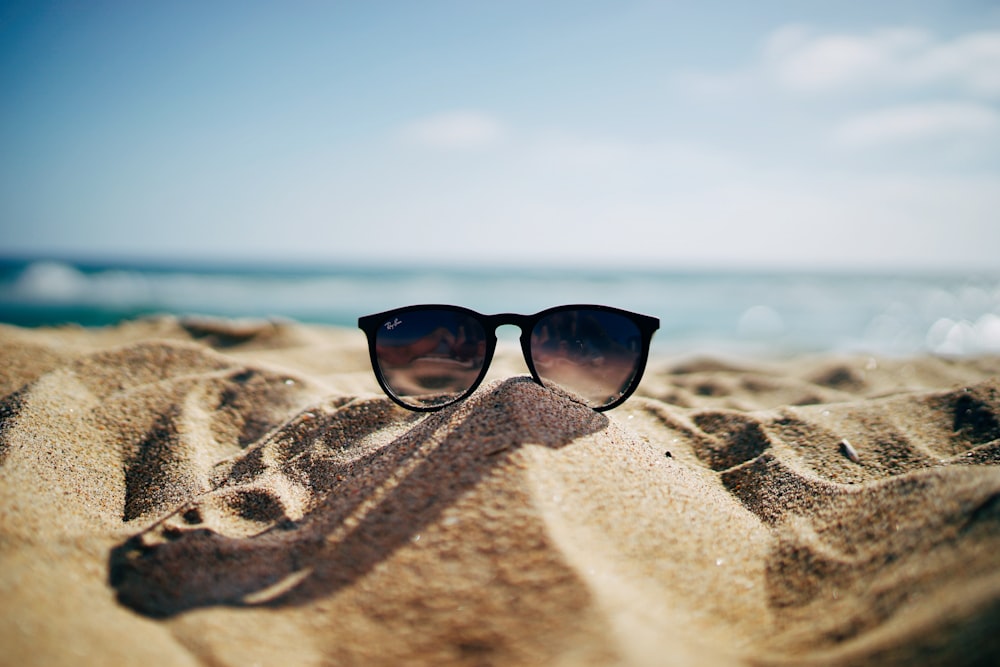Published 23:11 IST, May 19th 2024
Sunglasses should offer more than just UV protection. They should not only meet safety standards but also provide good visual clarity and comfort.
Advertisement
With affordable sunglasses available everywhere from supermarkets to online retailers, it's easy to wonder if they truly offer adequate protection. While budget sunglasses often meet basic UV protection standards, their overall quality, including visual clarity, can be lacking.
Opticians, regulated by national health standards, provide a more reliable option. Sunglasses sold by professional opticians typically bear CE and UKCA marks, indicating they meet higher safety and quality standards. Opticians can also help customers choose sunglasses that offer the right combination of protection, comfort, and style.
Advertisement
Understanding UV protection levels
European law classifies sunglass lenses as “personal protective equipment,” with five levels of protection. Category 0 lenses allow 80-100% of light through, while Category 4 lenses permit only 3-8% of light, making them unsuitable for driving. Category 3 lenses are the most common and are appropriate for a variety of conditions, including driving.
Darker lenses do not necessarily offer better protection. The appropriate category depends on the intended use. Category 4 lenses are designed for extremely bright environments like high mountains or deserts but can reduce visibility in other settings. Sunglasses that meet regulatory standards will protect against harmful UV radiation regardless of tint.
Advertisement

Quality of vision
Wearing sunglasses can sometimes make vision seem impaired due to tinted lenses selectively filtering light. Understanding visual acuity, contrast sensitivity, and lens material can help in choosing the right pair. Visual acuity measures how sharply we see, typically tested with black letters on a white background. This doesn't account for variations in lighting conditions.
Contrast sensitivity, the ability to distinguish objects from their background, is also crucial. It is harder to differentiate objects in low-contrast situations, such as black letters on grey backgrounds versus white ones.
Advertisement

Lens material: Plastic vs glass
The material of the lenses significantly affects visual quality. Most sunglasses feature plastic lenses, known as organic lenses, which are lightweight and durable. Glass lenses, or mineral lenses, are more scratch-resistant and offer better color fidelity and visual clarity. While organic lenses are practical for everyday use due to their durability and lighter weight, mineral lenses provide superior visual quality.
Final Thoughts
When choosing sunglasses, it is essential to consider more than just UV protection. Opt for sunglasses that not only meet safety standards but also provide good visual clarity and comfort. Consulting with a professional optician can ensure that you get the best protection and quality for your eyes.
Advertisement
23:11 IST, May 19th 2024